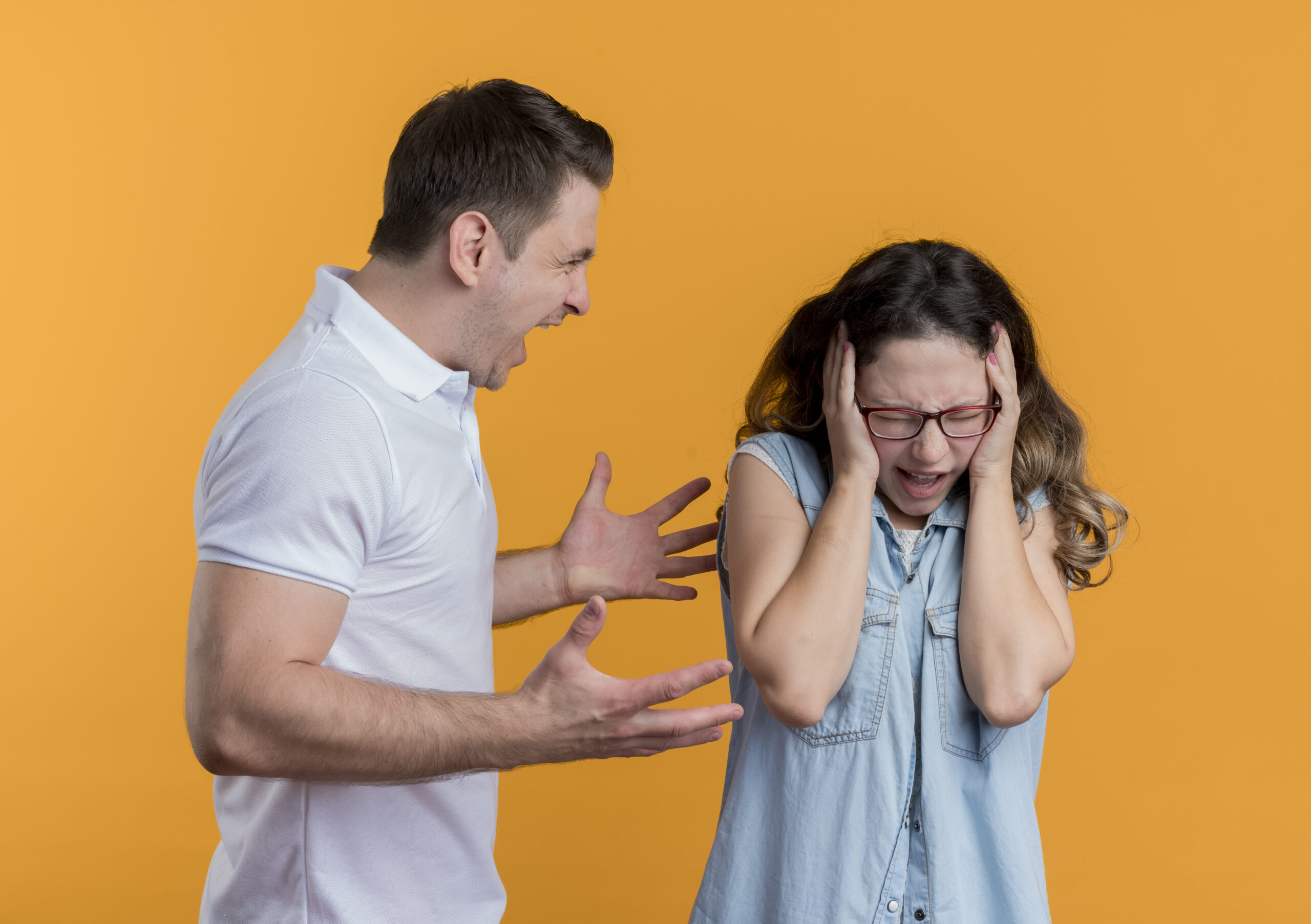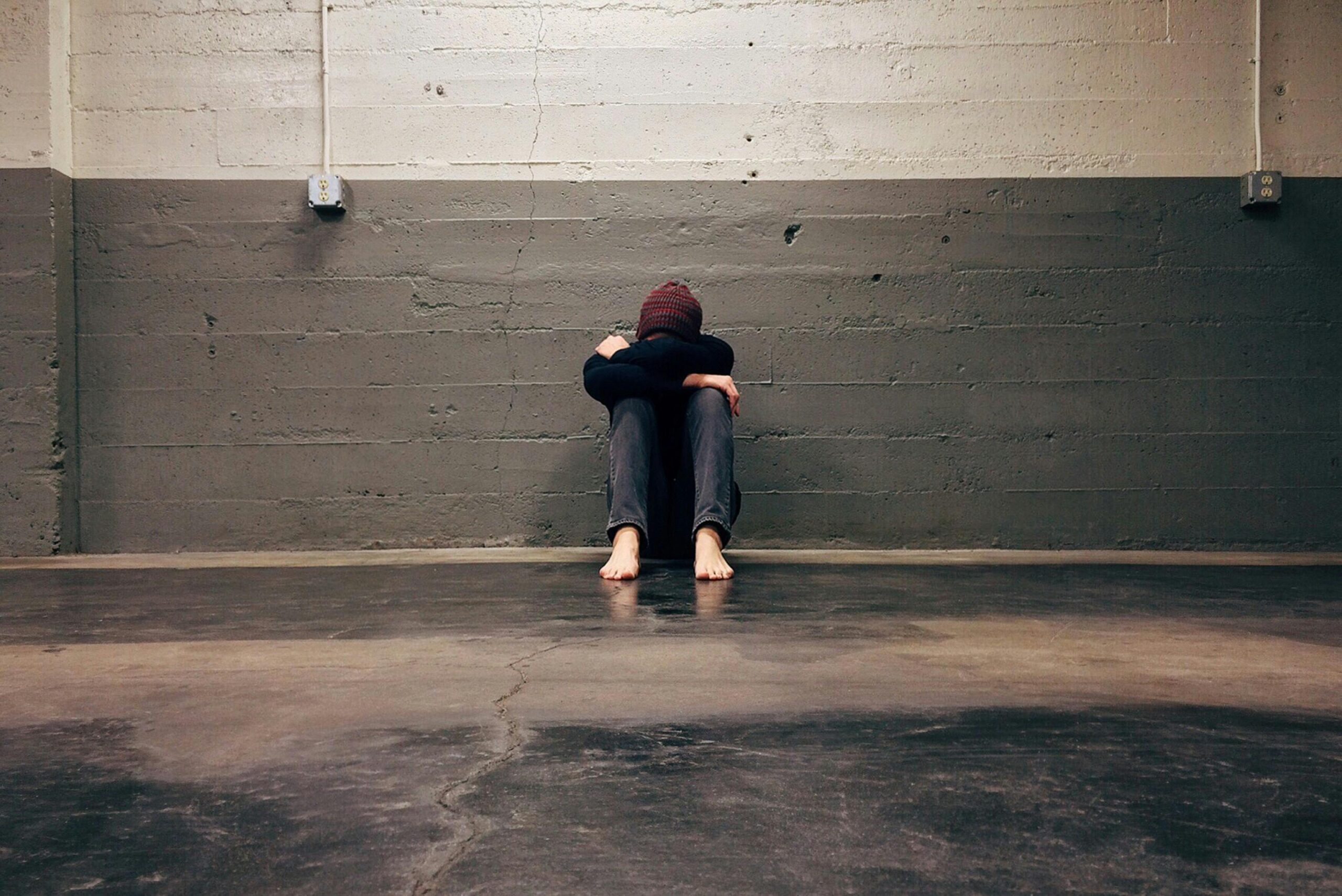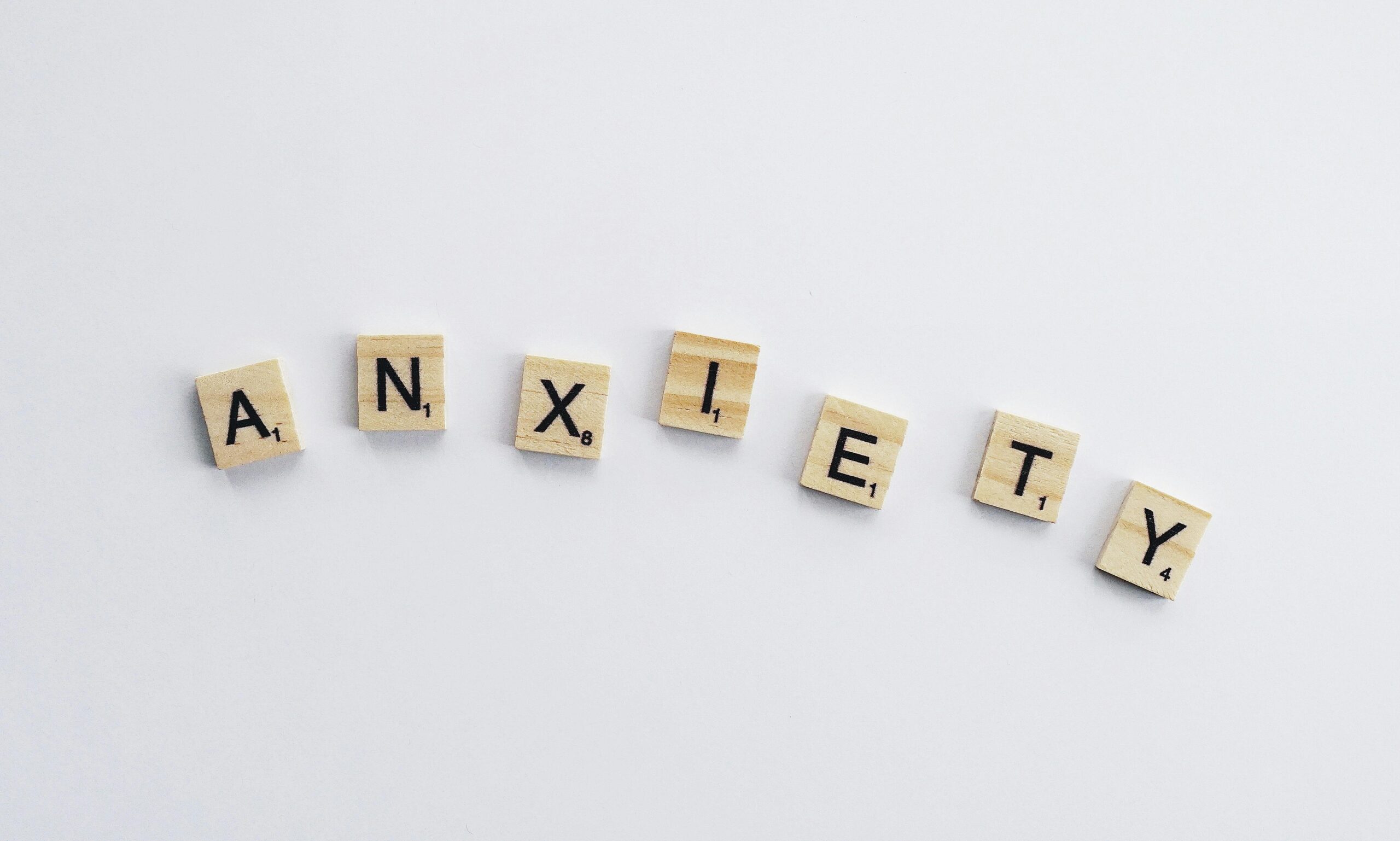
The Lasting Impact of Childhood Trauma
Childhood is often considered a time of joy, innocence, and exploration. However, for many, it is marked by pain, fear, neglect, or abuse that leaves invisible scars lasting into adulthood. Childhood trauma affects not just emotions but also brain development, relationships, self-worth, and mental well-being.
Millions of individuals worldwide carry the burden of unhealed childhood trauma, struggling with anxiety, depression, low self-esteem, and trust issues in relationships. Understanding how trauma occurs, its long-term effects, real-life survivor stories, and how to heal is essential for personal growth and emotional freedom.
If you have experienced childhood trauma or know someone who has, this guide will help you understand its deep impact and the healing process.
How does it occur?
Childhood trauma refers to any distressing experience that overwhelms a child’s ability to cope, often leading to deep emotional wounds.
Common Causes of Childhood Trauma
1. Physical Abuse – Being hit, beaten, or physically punished in extreme ways.
2. Emotional or Verbal Abuse – Constant criticism, humiliation, or threats leading to deep emotional scars.
3. Sexual Abuse – Any form of sexual exploitation, molestation, or coercion.
4. Neglect – Lack of emotional, physical, or psychological care, making a child feel abandoned.
5. Loss of a Parent or Loved One – Experiencing the death, separation, or abandonment by a parent.
6. Witnessing Domestic Violence – Growing up in a home where abuse or violence is present.
7. Bullying and Peer Rejection – Being repeatedly bullied, leading to social withdrawal.
8. Growing Up in a Dysfunctional Home – Exposure to alcoholism, drug abuse, financial struggles, or mental illness in caregivers.
9. Parental Divorce or Separation – Feeling torn between parents, experiencing emotional instability.
10. Living in a War Zone or Refugee Situation – Experiencing the trauma of displacement, war, or extreme poverty.
Psychological Insight: “Children rely on caregivers for safety and security. When those caregivers are the source of harm, it creates deep psychological wounds that impact self-worth and relationships.” – Dr. Gabor Maté

Childhood trauma affects on brain development and behaviour
When children experience trauma, their brains are wired for survival rather than growth. This means:
The amygdala (fear center) becomes overactive, leading to constant anxiety.
The prefrontal cortex (rational thinking area) under-develops, making it harder to regulate emotions.
The hippocampus (memory center) is affected, leading to memory gaps or dissociation.1.
-
Psychological & Mental Health Effect Anxiety & Panic Attacks – Feeling constantly on edge.
Depression & Hopelessness – Lack of motivation, persistent sadness.
PTSD (Post-Traumatic Stress Disorder) – Nightmares, flashbacks, emotional numbness.
Borderline Personality Disorder (BPD) – Extreme emotions, fear of abandonment.
2. Relationship Struggles
Fear of Intimacy & Trust Issues – Difficulty trusting others.
Codependency or Avoidance – Either seeking excessive validation or avoiding relationships altogether.
Repetitive Toxic Relationships – Subconsciously attracting unhealthy partners.
3. Behavioral Patterns
Perfectionism & People-Pleasing – Seeking approval due to self-worth issues.
Substance Abuse – Using alcohol or drugs as a coping mechanism.
Self-Sabotage – Fear of success or happiness due to unworthiness.
🔍 Expert Opinion: “Trauma shapes the way we see the world. Healing requires reprogramming the brain to understand that the past does not define the future.” – Dr. Bruce Perry
Real-Life Survivor Stories: Finding Strength After Trauma
Neha’s Story: From Neglect to Self-Love
Neha grew up in a home where her emotional needs were ignored. She was often alone, left to care for herself. As an adult, she became a chronic people-pleaser, afraid of rejection. Therapy helped her understand that her worth is not tied to others’ approval. Today, she practices self-love and boundaries.
Rahul’s Story: Breaking the Cycle of Abuse
Rahul was physically abused by his father. As a teen, he turned to alcohol and drugs to numb his pain. Years later, he sought help through Cognitive Behavioral Therapy (CBT) and EMDR, which helped him process his trauma. Today, he is a mental health advocate, helping others heal.
Aisha’s Story: Escaping a Toxic Relationship
Aisha witnessed domestic violence in her childhood home. As an adult, she found herself in toxic relationships. Through group therapy and self-help books, she learned to break the cycle and build a healthy, loving relationship.
🔍 Key Lesson: No matter how deep the scars, healing is possible.
How to Heal from Childhood Trauma: Therapies & Healing Practices
1. Effective Therapy Approaches
Cognitive Behavioral Therapy (CBT) – Helps reframe negative thought patterns.
Eye Movement Desensitization and Reprocessing (EMDR) – A powerful method to process traumatic memories.
Somatic Therapy – Releases stored trauma in the body.
Inner Child Healing – Reconnects with and nurtures the wounded inner child.
Mindfulness & Meditation – Encourages emotional regulation and stress relief.
2. Best Books on Trauma Healing
“The Body Keeps the Score” – Bessel van der Kolk (Understanding how trauma is stored in the body).
“Healing the Child Within” – Charles Whitfield (Inner child healing).
“Complex PTSD: From Surviving to Thriving” – Pete Walker (Recovering from deep emotional wounds).
“What Happened to You?” – Oprah Winfrey & Dr. Bruce Perry (Understanding trauma’s impact on behavior).
How to Support a Trauma Survivor
If you know someone who is healing from childhood trauma, here’s how you can help:
Be Patient & Understanding – Healing takes time.
Validate Their Feelings – Avoid saying “Just move on.” Instead, say “I believe you. Your pain is valid.”
Encourage Professional Help – Suggest therapy in a gentle, non-forceful way.
Provide a Safe Space – Let them share their feelings when they’re ready.
🔍 Quote to Remember: “Trauma creates change you don’t choose. Healing is about creating change you do choose.” – Michelle Rosenthal
Final Thoughts: Healing is a Journey, Not a Destination
Childhood trauma can shape your life, but it does not have to define you. With therapy, self-care, education, and support, healing is possible. You are not alone, and your past does not determine your future.
Are you on a healing journey? Share your experiences in the comments below!






